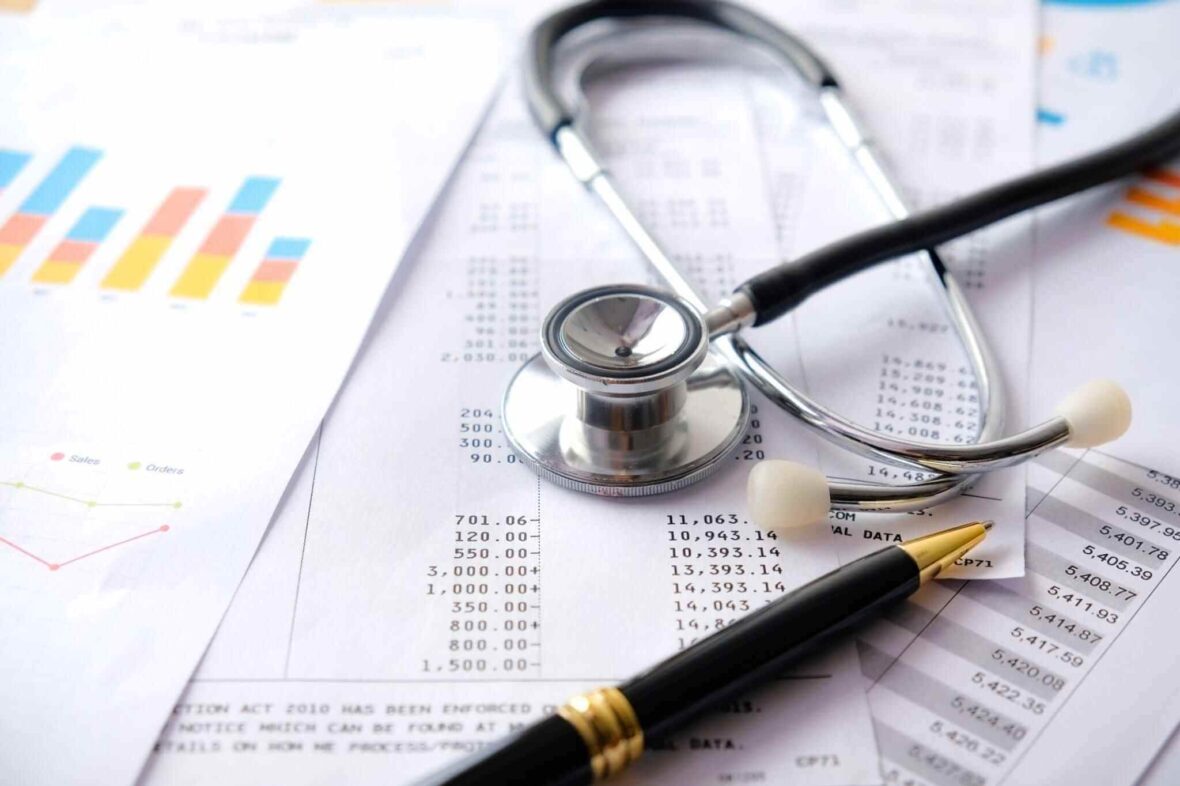You often don’t have the choice to refuse medical treatment if you become ill or suffer an accident. Since getting healthy as soon as possible is your top priority at this time, you may not give the expense of your medical treatment any thought. It could take some time before you start to inquire about the cost of your treatment, the contribution your insurance will make to your medical bill, and if you should check out of the hospital sooner rather than later to keep your costs down.
Medical debt, however, may cause the same issues as any other kind of unpaid debt if it is not paid on time. Additionally, being unable to pay for your healthcare might be distressing. If you completely disregard the bills, the following repercussions may occur:
Contents
1. Interest And Late Fees
Your healthcare provider will begin putting pressure on you to settle the medical debt by increasing your balance with late fees and interest charges to the degree your state’s laws permit. These extra fees have the potential to raise your debt significantly over time. Healthcare providers make their payment policies explicit, and you can generally find that information in the small print of your onboarding paperwork.
Sadly, if the late payment policy is included in a contract you’ve previously signed, you already consent to the late fees and interest charges. If you call the provider and attempt to arrange a payment schedule, these additional costs might be a negotiation point.
2. Debt Collectors
The healthcare provider will most likely refer your account to a collection agency if the balance is left unpaid for a certain amount of time. By that time, you should be prepared for the debt collector to contact you repeatedly by phone and mail. Since you may get frequent reminders regarding past-due medical bills from the debt collector, this situation may be upsetting.
3. Credit Damage
The collection agency informs the main credit bureaus of your outstanding sum, and they allow you a grace period before the medical debt shows on your credit record. After the grace period expires, the debt is added to your credit history, which affects your credit score. Sadly, having a bad credit score may have serious repercussions. You can find getting a new credit card challenging, and you might also not be eligible for the best interest rates.
4. Lawsuit
When a claim is denied by an insurance company owing to inadequate claim processing management, the company may sometimes refuse to pay the medical expense. Denial management for hospitals helps prevent this behavior by looking into each claim denial and conducting a root cause analysis to determine why each claim was denied.
It also examines denial trends to identify a pattern by one or more insurance carriers and redesigns or re-engineers the process to minimize the likelihood of future claim denials. However, if an investigation reveals that the denied claim is genuine, a lawsuit based on justified clinical merit may be brought, and a case developed to recoup the lost money.
5. Levies, Wage Garnishments, and Liens

A lien is a claim a creditor makes against your property. Typically, creditors will attempt to file liens on your house. By doing this, you grant the creditor the right to receive payment from the sale profits of the residence. You can also have trouble refinancing if there is a lien on the property. A wage garnishment is the judicial withholding of a portion of your income to pay off an overdue obligation.
Even the federal government’s 25% after-tax salary garnishment cap may significantly hit your family budget. The most severe step a creditor may take is a bank account levy. When the levy is implemented, the creditor withdraws funds without your consent. Additionally, any future deposits you make to the bank may be confiscated. A levy may significantly worsen your financial issues for obvious reasons.
6. You May Be Able To Find A Way To Pay Off Your Medical Debt
As soon as you become aware of payment difficulty, you may work out a settlement, payment plan, or other agreement with the hospital or healthcare provider to prevent the debt from going into collections and showing up on your credit report. A new credit card with an initial 0% APR for a year or more may also be possible if your circumstances, capacity for responsible credit management, and credit score permit it.
Conclusion
Being unable to pay your medical costs is never enjoyable, and nobody likes to think about it. However, to lessen the load, you should carefully review each medical bill, try to negotiate as much as you can, and ask for assistance.




